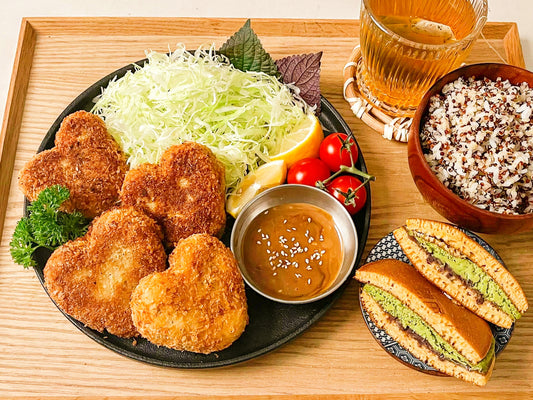Shotengai Magazine

How to Spot a Real Rolex: A Beginner-Friendly G...
With Rolex popularity at an all-time high, counterfeits have unfortunately gotten better too. The good news? You don’t need to be a watchmaker to catch the big red flags. Here’s...
How to Spot a Real Rolex: A Beginner-Friendly G...
With Rolex popularity at an all-time high, counterfeits have unfortunately gotten better too. The good news? You don’t need to be a watchmaker to catch the big red flags. Here’s...

The 5 Rolex Models Every Collector Should Own a...
Every collector—no matter how big or small their collection—has that mental list of “must-own” Rolex models. Think of it as the watch-lover’s version of a bucket list. The watches on...
The 5 Rolex Models Every Collector Should Own a...
Every collector—no matter how big or small their collection—has that mental list of “must-own” Rolex models. Think of it as the watch-lover’s version of a bucket list. The watches on...

Why Buying a Pre-Owned Rolex Makes More Sense T...
If you’ve been dipping your toes into the watch world lately, you’ve probably noticed something: the pre-owned Rolex market isn’t just “popular” anymore—it’s a full-blown global movement. And for good...
Why Buying a Pre-Owned Rolex Makes More Sense T...
If you’ve been dipping your toes into the watch world lately, you’ve probably noticed something: the pre-owned Rolex market isn’t just “popular” anymore—it’s a full-blown global movement. And for good...

Showa Commemorative National Government Park: R...
Showa Commemorative National Government Park (Showa Memorial Park) is a national park built on the former site of the Tachikawa Airfield to commemorate the 50th anniversary of the reign of Emperor Showa....
Showa Commemorative National Government Park: R...
Showa Commemorative National Government Park (Showa Memorial Park) is a national park built on the former site of the Tachikawa Airfield to commemorate the 50th anniversary of the reign of Emperor Showa....

What is "Korokke"? The Ultimate Guide to the Ja...
From street vendors to fine restaurants, the presence of korokke is everywhere. Its irresistible combination of a crispy exterior and a soft, creamy filling has captured the affection of the...
What is "Korokke"? The Ultimate Guide to the Ja...
From street vendors to fine restaurants, the presence of korokke is everywhere. Its irresistible combination of a crispy exterior and a soft, creamy filling has captured the affection of the...

What is Geta? Unveiling the Timeless Appeal of ...
Geta has woven itself into the fabric of Japanese culture. Its evolution from a practical solution for muddy terrain to a symbol of cultural identity showcases the adaptability and timelessness of...
What is Geta? Unveiling the Timeless Appeal of ...
Geta has woven itself into the fabric of Japanese culture. Its evolution from a practical solution for muddy terrain to a symbol of cultural identity showcases the adaptability and timelessness of...
